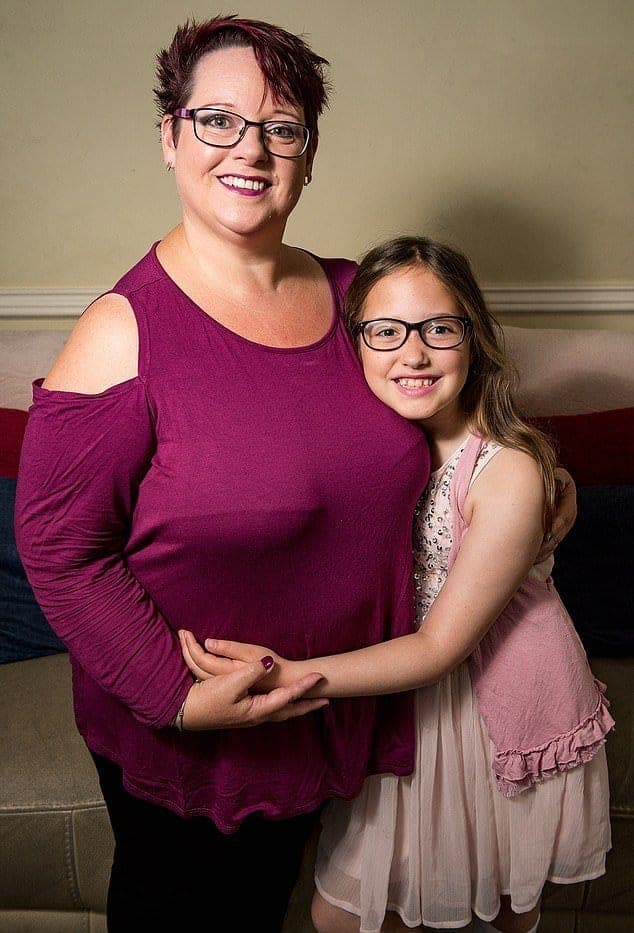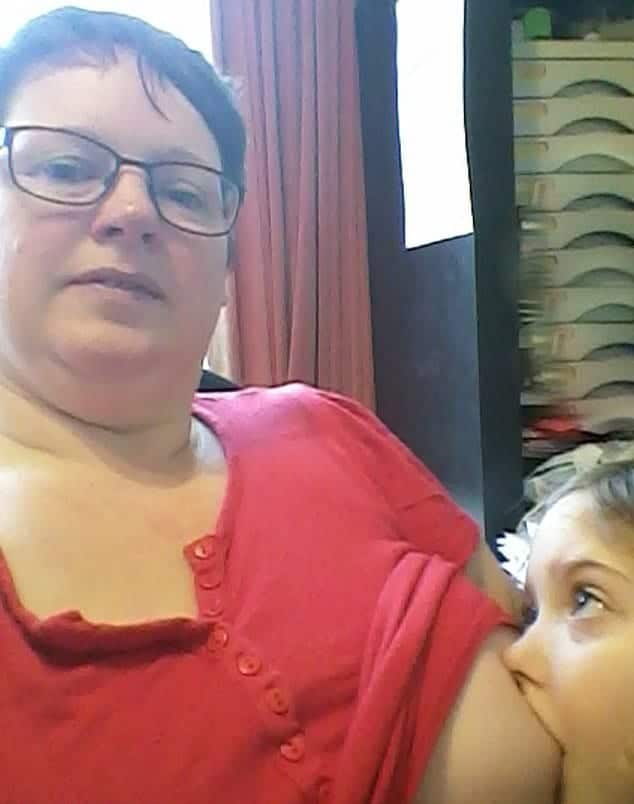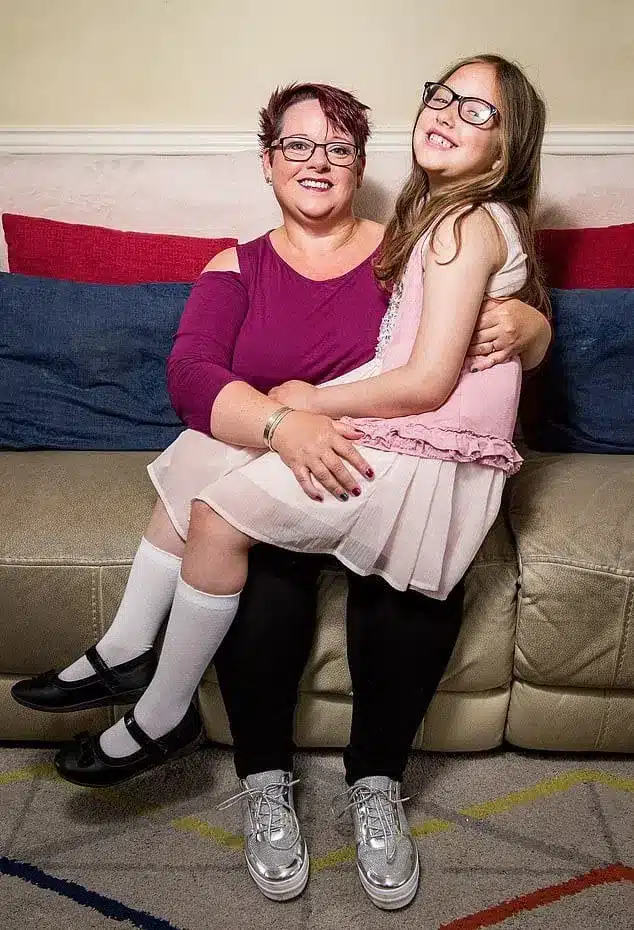Sharon Spink, a 50-year-old mother from North Yorkshire, has recently made headlines for challenging one of society’s most deeply rooted taboos about motherhood: breastfeeding older children.
For most mothers, breastfeeding ends when a child turns one or two. But for Sharon, the journey continued far longer. She nursed her youngest daughter, Charlotte, until the age of nine—an age by which most children are well into school and approaching adolescence.
Sharon, a mother of four, says she has no regrets. In fact, she believes this extended breastfeeding created an unbreakable bond between her and Charlotte, one that will last for the rest of their lives.
“I don’t see why there has to be a stigma around it,” she explained. “For me, it was about letting my daughter decide when she was ready to stop. That choice wasn’t mine to make—it was hers.”
According to Sharon, it was Charlotte herself who eventually asked to stop breastfeeding, saying one day that she no longer wanted her mother’s milk. For Sharon, that was the moment she knew the journey had come to its natural end.
Breastfeeding, she insists, was not only about nourishment but also about comfort and closeness. She believes Charlotte has benefitted in countless ways, especially in terms of her health, because of the nutrients found in breast milk. “I’ll miss it,” Sharon admitted, “but I know I honored her choice, and that matters more than anything.”
Not everyone has viewed Sharon’s decision kindly. Some critics have gone so far as to label it child abuse, but Sharon firmly rejects that accusation. “People judge without knowing the whole story,” she said. “They don’t see the bond, the health benefits, or the love. They just see something that makes them uncomfortable.”
Her perspective is shaped by her struggles with her older children. Sharon has three other children—Kim, now 30, Sarah, 28, and Isabel, 12. With each of them, breastfeeding was a difficult journey, full of setbacks and frustrations. So when Charlotte was born, Sharon was determined to make it work. And this time, she succeeded.
The process of weaning was gradual and respectful, Sharon says. As Charlotte grew older, feedings became less frequent. By the end, she was breastfeeding only once a month before finally stopping altogether. For Sharon, this slow transition reflected how natural the process should be—led by the child, not forced by adults or societal expectations.
Health authorities do draw a line. The World Health Organization recommends breastfeeding exclusively for the first six months, then continuing alongside other foods until at least age two. But Sharon believes that beyond guidelines, the choice should belong to the child.
Now that Charlotte has stopped, Sharon says she’ll treasure the years they shared. She’s proud of defying the stigma and hopes her story helps normalize conversations about breastfeeding. “It’s not something to be ashamed of,” she said. “It’s the most natural bond there is.”
For Sharon and Charlotte, that bond remains strong—long after the last feeding.








